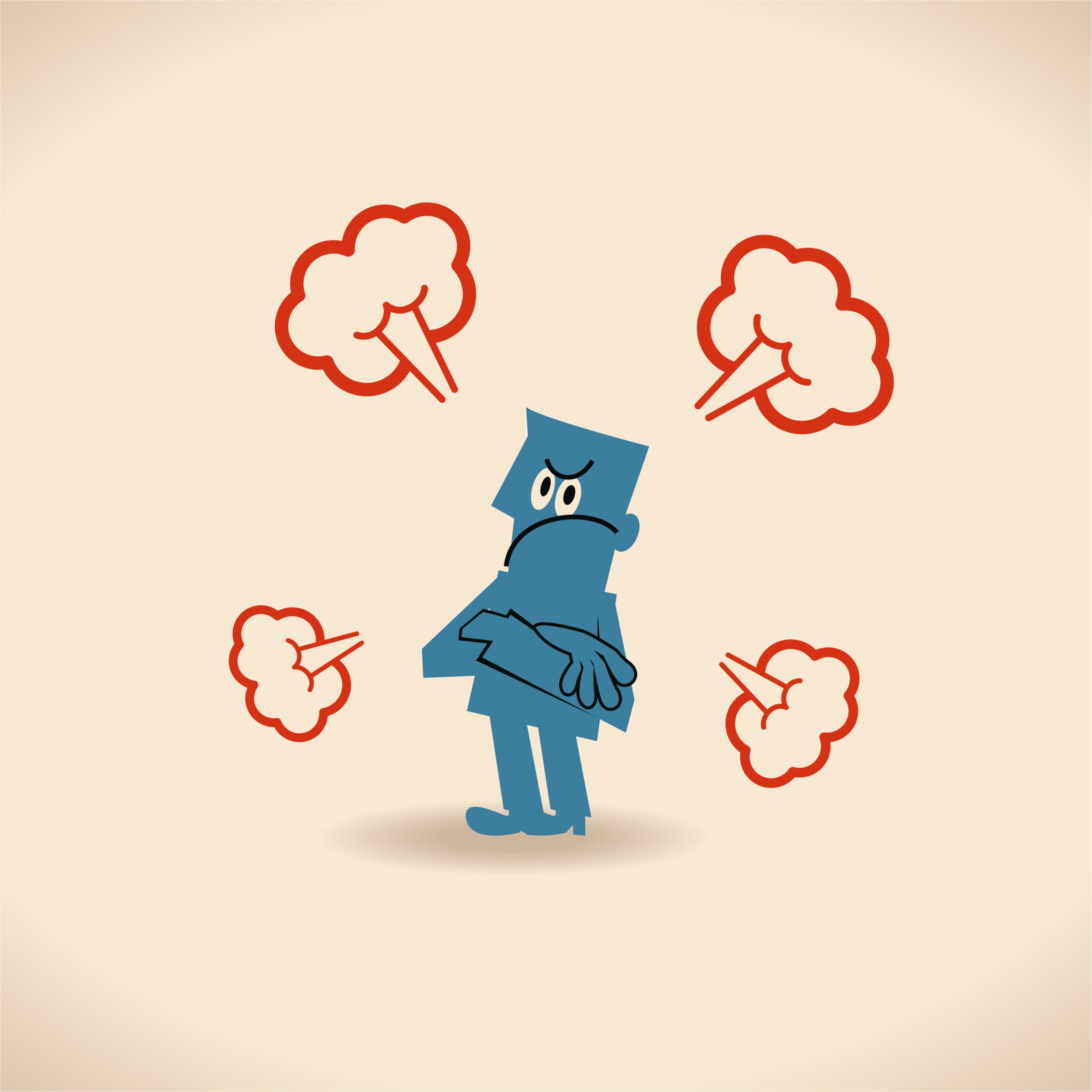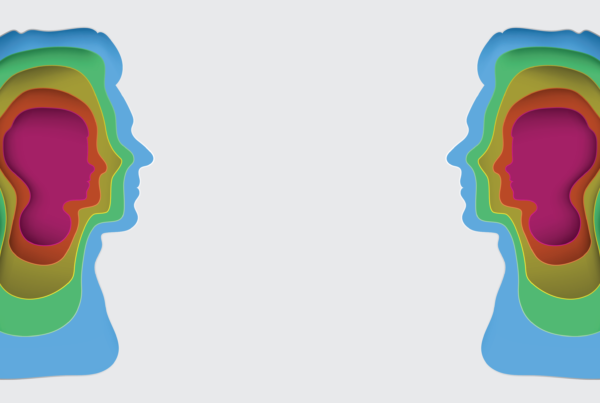How They Cause Relationship Distress
How Counseling for Men Can Help
This is another article in my series about the LATE Men – adult men who are developmentally stuck as Lost, Angry Teenagers. In my work with men over many years, I’ve identified 8 types of LATE Men. This article will describe these types, explain how they cause relationship distress, and I’ll comment on how counseling for men can help.
The LATE Men
The LATE Men (adult men who are Lost, Angry Teens) are emotionally and behaviorally unfinished, and like teenagers, they often show up late – late to mature, and late to make or keep commitments. These men tend to self-sabotage, causing relationship distress, and problems at work and at home. LATE Men are often narcissistic, have under-developed identities, anger management problems, and they’re often passive-aggressive and defensive. They typically come from dysfunctional families – with divorced parents or broken homes, fathers who were emotionally or physically absent, mothers who were over-worked or overprotective, or they were abused emotionally or physically. Counseling for men, or couple’s therapy with a special focus on male psychology, can help the LATE Men to become the loving, responsible Adults that most men truly want to be.
8 Types of LATE Men
As a specialist in male psychology and counseling for men, I’ve worked with hundreds of men over 40 years in individual therapy, couples counseling, and group therapy. The 8 types of LATE Men tend to cluster into 3 major categories – Lost, Self-Absorbed, and Angry. The 8 types are not mutually exclusive: each type is clinically and experientially coherent, but there is a great deal of overlap across the categories and types. All of them experience relationship distress, along with various types of self-sabotage. Yet all of the 8 types are distinct and clearly identifiable. And most of them tend to be good men – capable of being loving and responsible at work, in relationships and with their families. They’re often creative, supportive, caring, even heroic when it’s called for.
The Lost Men
1. Confused & Clueless Type – This type of LATE Man has a confused or unformed sense of personal identity. I’ve worked with a number of married men who don’t seem to understand why there is so much relationship distress. Their wives are angry and burned-out – they complain that their husbands are shut down, don’t communicate, and are disconnected emotionally and physically. These LATE Men are emotionally repressed, and have little or no insight or understanding about themselves. Counseling for men helps them to identify the parts of themselves that are buried and undeveloped. Through this process they can begin to form a core identity, with beliefs, values, and clear interpersonal needs and preferences. From that core identity, they can begin to communicate more clearly, act more responsibly and assertively, and relate in a more connected and intimate manner.
2. Depressed/Ashamed Type – This is one of the most common types of LATE Men. Depression in men is often masked and difficult to identify, because most men would be too ashamed to reveal their internal struggles. Instead, they may appear withdrawn, shut down, moody or angry. Depression in men is mostly shame-based – they generally feel not good enough or not worthy. They feel they don’t measure up to other men, or to the expectations of women or “society”. As a result, much like depressed teenagers, these men tend to isolate, under-function at work and at home, become irritable, and are unmotivated – and they may become self-destructive. Counseling for men is essential to provide emotional support, and to help them navigate through the relationship distress caused by their depression.
3. Anxious/Insecure/Avoidant Type – In the movie and musical The Producers, the character Leo Bloom is a great example of this type of LATE Man. Leo (played by Gene Wilder in the original movie, and Matthew Broderick in the musical) needed his little blue blanket to cope with his uncontrollable anxiety and insecurity. In real life, many LATE Men suffer with personal and relationship distress because of low self-confidence, anxiety and insecurities. And they often avoid people, and situations where there is conflict or other perceived challenges, because the anxiety is so overwhelming. Counseling for men with a special focus on anxiety can be very effective. Cognitive-Behavioral Therapy and couples therapy are particularly effective with this type of LATE Man.
4. Dependent/Addicted Type – Many LATE Men struggle with addictions and dependency on alcohol, drugs, pornography, video games, etc. The actor Robert Downey, Jr. is a good example of a LATE Man who sabotaged his career and relationships due to his chemical dependency. Probably due, in part, to his father’s drug use (and they used drugs together starting at age 6), this talented actor was arrested repeatedly on drug charges, did time in jail, and went through rehab several times, followed by numerous relapses. Counseling for men, along with recovery programs, family support, and meditation has resulted in 13 years of sobriety and a resurgence in his career. And like many other LATE Men, his relationship distress was reversed, and he is now happily married with 2 young children.
There is another aspect of unhealthy dependency in LATE Men that deserves special mention, because it results in serious relationship distress. One example of this type of dependency are young men, usually in their 20’s, often labeled as “failure to launch”. These young men are generally immature, not fully responsible, and dependent on their parents because they are unable or unwilling to fully support themselves and live independently. Another, even more common example, are married men who are excessively dependent on their wives. Some of them are either unemployed or under-employed, or their wives provide most of the financial support for the family. Many of these LATE Men depend on their wives to manage most aspects of day-to-day living, including household chores, raising the children, and planning other aspects of their lives together. These marriages are in a lot of trouble, resulting in arguments, distance and a lack of intimacy. Marital and individual counseling for men is often necessary.
Self-Absorbed Men
5. Narcissistic Type – Almost all LATE Men tend to be self-absorbed. It’s all a matter of degree. Narcissists are primarily concerned about themselves and their own well-being. They can be egotistical, vain, arrogant, hypersensitive, and they lack empathy or are unconcerned about others (resulting in a great deal of relationship distress). The extreme version is NPD (Narcissistic Personality Disorder), which includes grandiosity, a sense of entitlement, exploitation and mistreatment of others, and other forms of arrogance. Many people believe that Donald Trump is a narcissist, along with other famous figures, such as O.J. Simpson, Kanye West, and President Richard Nixon. Counseling for men with narcissistic traits is most effective when the focus is on behavior – specific strategies for improving relationships.
6. Workaholics – This type of LATE Man operates from fears and shame. They often grow up with parents who are judgmental and have rigid expectations for performance. As teenagers, they struggle with low self-esteem, poor self-confidence, and they don’t have a solid sense of personal identity (or they just feel bad about themselves). This sense of personal shame, along with fears of judgment by others, follows them into adult life. They may find refuge in work, but it’s their only sense of identity and personal value. But no matter how much they do, they still don’t feel good enough, and they become lost in the work, stressed out and overwhelmed. They’re often disconnected from their families, resulting in a great deal of relationship distress. Counseling for men helps workaholics to achieve work-life balance by unearthing and resolving the underlying fears and shame that drives this addiction.
The Angry Men
7. Angry-Aggressive Type – Teenagers tend to get angry. They’re angry with their parents, who don’t live up to their expectations – or they’re angry because they want to be independent and their parents aren’t ready. And I believe they’re angry because they begin to see problems in a world that looks unfair, demanding, and perplexing. In the past, the role expectations for men were pretty straightforward. The world was less complicated, and a man’s role was to protect and provide. It’s much more complicated today. When boys grow up with relationship distress in his parents, and any level of neglect, abandonment or abuse, it’s no wonder why so many angry teenagers grow up to be angry men. The aggressive type of anger in men is something we see every day –road rage, arguments, fighting, abuse, angry impatience and demanding behavior are just a few examples. This is often a LATE Man who is full of emotional pain, depression, fears and shame. Counseling for men is essential to break the cycle of violence and anger, to help men work through the internal injuries and distress.
8. Passive-Aggressive Type – In the movie Meet the Parents, Robert De Niro was comically passive-aggressive to the extreme. With a bogus smile, De Niro would make negative judgments about Ben Stiller’s chosen profession. Passive-aggressive men often seem nice enough on the surface – easy-going, affable, and reasonable. They agree or make promises – but they don’t show up or follow through. Or they’re sarcastic and critical, often indirectly expressing their anger. The anger is usually repressed and counseling for men helps these LATE Men to identify and accept their feelings – and to find constructive ways to manage them.
If you’d like to read more articles about the LATE Men, please use the links, below. If you know a LATE Man, or if you think you’re a LATE Man, please contact us today for more information, or to set up an appointment with one of our counselors or therapists.
Recommended reading
The Who's In Charge series is the foundation for understanding the LATE Men concept. The LATE Men articles follow.







